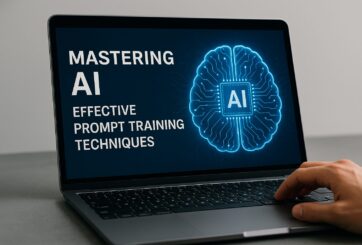
Miranda Debuts at London Aquarium: A New Era in Robotics

Science fiction became reality as one of the University of Essex’s newly born robots made her debut at the London Aquarium.
’Miranda’ appeared at London’s County Hall as part of the Human-Centred Robotics research team’s project to develop advanced, artificially intelligent software for human-robot interaction. The research has been part of an ambitious project, RoboCity, a joint initiative between the University and the London Aquarium which is the first of its kind in the world.
Professor Huosheng Hu, of the Department of Computer Science, explained: ’All too often our experience of robots stems from watching the latest science fiction movie, or the television programme Robot Wars rather than from actually interacting with robots. This is something the project hopes to address.’
Miranda, a humanoid robot, is designed to be fully interactive, allowing anyone to have a simple conversation with her in English. She is able to look people in the eye and has a touch screen monitor in her chest which displays maps, and other information, as selected by visitors.
The London Aquarium has invested over £500,000 in the RoboCity project over the last three years and it is hoped the collaborative project will now be extended.









